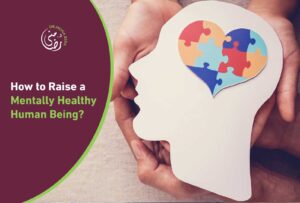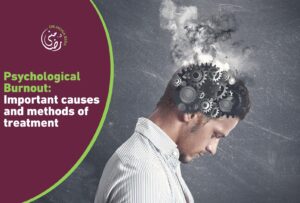Addicted To Coffee? Here is How To Deal With Coffee WithDrawl During Ramadan
According to experts, caffeine is classified as a psychoactive substance that alerts the brain chemistry, since it is Ramadan, coffee drinkers are quite suffering from the absence of their daily dose of caffeine every morning.
In this blog, we will discuss, how to deal with the withdrawal symptoms of caffeine from your body, and what does caffeine do exactly to your brain and body, This Ramadan, if you are a coffee drinker you have one challenge and that is dealing with the withdrawal of caffeine that brings nothing but headaches, fatigue, and mood swings.
Since we are in the middle of the holy month, you have been diligently eliminating coffee from your life for a good 15 hours every day. Cutting off coffee for almost 15 days comes with a swarm of withdrawal symptoms – think headaches, irritability, restlessness, fatigue, and upset stomachs.
Although that these symptoms seem quite severe, but it is your time now to know exactly what does coffee do for you, which makes Ramadan a great tie for you to pump the brakes on your coffee – or any caffeine source- dependence altogether
Ramadan is your chance to detox your system and lick your self-restraint into shape – the holy month is after all about cleansing the soul and body.
How to manage the withdrawal symptoms associated with caffeine addiction?
So, we will help you to successfully manage the withdrawal symptoms of caffeine addiction.
First of all, you have to know that the withdrawal symptoms aren’t “ just in your head”. As we mentioned above caffeine is a psychoactive substance that alerts the brain chemistry, so you have to know how it affects your body.
How Does Caffeine Affect Your Body?
So, here is what happens when you take that sip of coffee or any source of caffeine.
When caffeine is released into your bloodstream, it blocks molecules in the brain called “adenosine”, those molecules are responsible for feelings of fatigue and drowsiness.
So when those molecules are blocked by the effect of caffeine, it also creates alertness, which results in triggering the release of adrenaline, that is why you feel awake when you drink coffee and feel alert.
Over time your brain beings to create more of those molecules “adenosine”, since the existed ones are already blocked by the effect of caffeine, so that is why the amount of coffee that you drank five years ago doesn’t affect you now anymore because you need an extra amount of coffee to block more molecules.
Tips To Overcome The Symptoms Of Caffeine Withdrawal:
Now you know how your brains works, here are some tips to help you overcome the withdrawal symptoms of caffeine during Ramadan:
1-Reduce the Amount And Replace It.
Try to reduce the amount of caffeine that you are consuming gradually before giving up on it all of the sudden. Also, you can substitute your cup of coffee with decaf or green tea.
2- It is All About Timing
Try to skip your daily dose of coffee during suhour time, as it will prevent you from sleeping and it will probably cause you dehydration, you can have a cup of coffee during Iftar.
3- Keep Tracking Your Symptoms
Caffeine withdrawal symptoms include headache, stomachache, and muscle pain. Keep tracking of those symptoms and you will notice that they are passing away by time.
In the meantime, remember that it is never too late to a therapist consult, if you need any mental consult please don’t hesitate to contact Dr. Mona Reda on 02 24159997- 01112169556 – 01002169556
Or visit the clinic at this address: 93 El Merghany Street Cairo, Egypt









